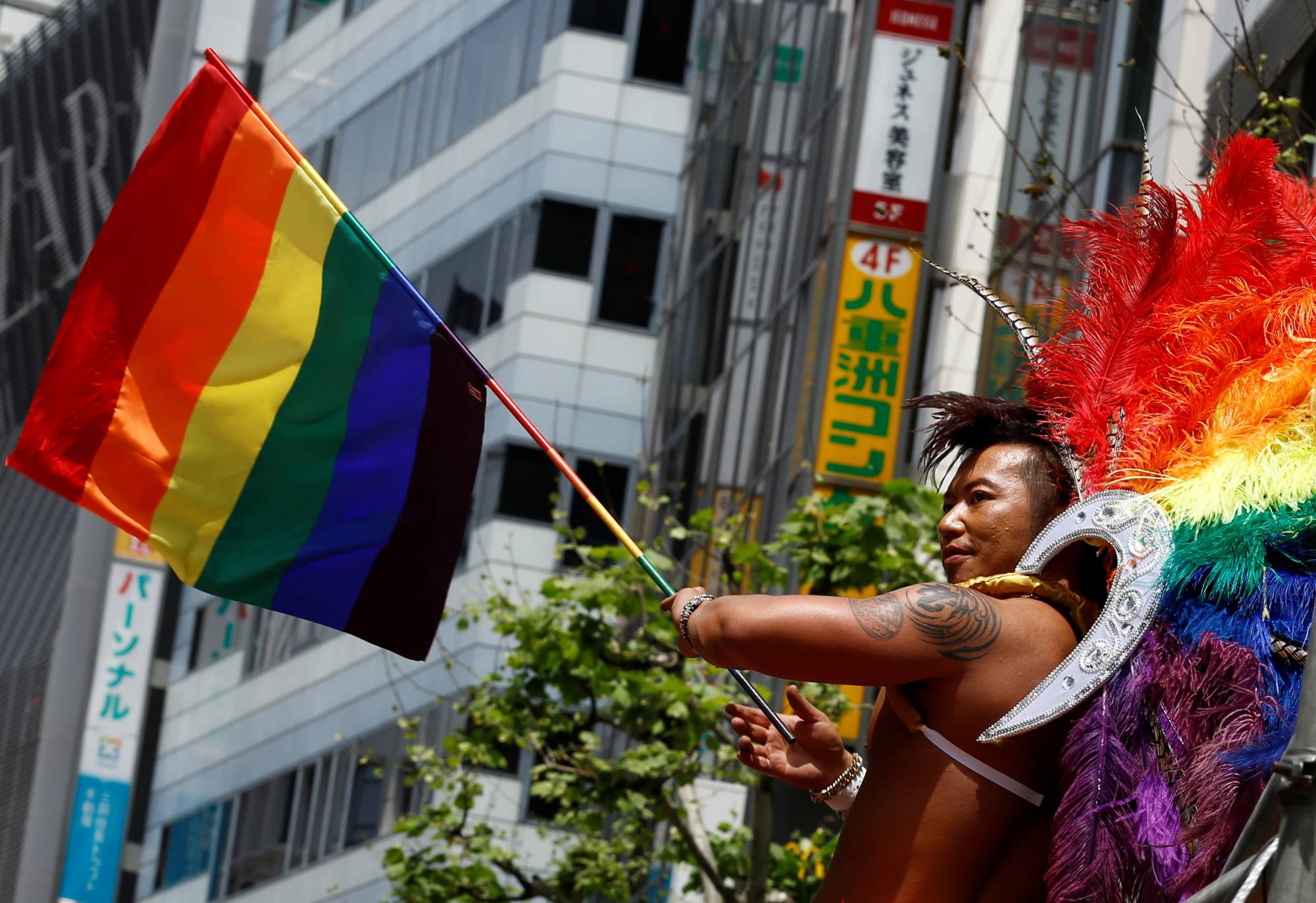An uptick in coronavirus cases in Japan has prompted a new state of emergency declaration and sparked debate here about the upcoming Olympics in Japan. The International Olympic Committee and health and sport authorities will work out the feasibility of the world’s greatest athletic event in the coming months.
In the meantime, Japanese lawmakers would do well to remember the Olympics is more than a sporting competition, but also a pivotal moment for the country’s international image. In 1964, as Japan was beginning a period of rapid economic growth, the Tokyo Olympics signaled to the world that it had put post-war isolation behind it. Now, as the world grapples with the pandemic’s upheaval, Japan can and should use the Olympics to signal that it is serious about being a global human rights leader.
It is now six months until the torch is scheduled to be lit at the Tokyo Olympics. The Tokyo 2020 Summer Games are advertised as celebrating “unity in diversity” and “passing on a legacy for the future.” Leaders promise to welcome everyone with Japan’s unique hospitality known as omotenashi. But Japan still has work to do — especially in enacting an anti-discrimination law to protect lesbian, gay, bisexual and transgender (LGBT) people and athletes in a way that meets international standards.



















With your current subscription plan you can comment on stories. However, before writing your first comment, please create a display name in the Profile section of your subscriber account page.